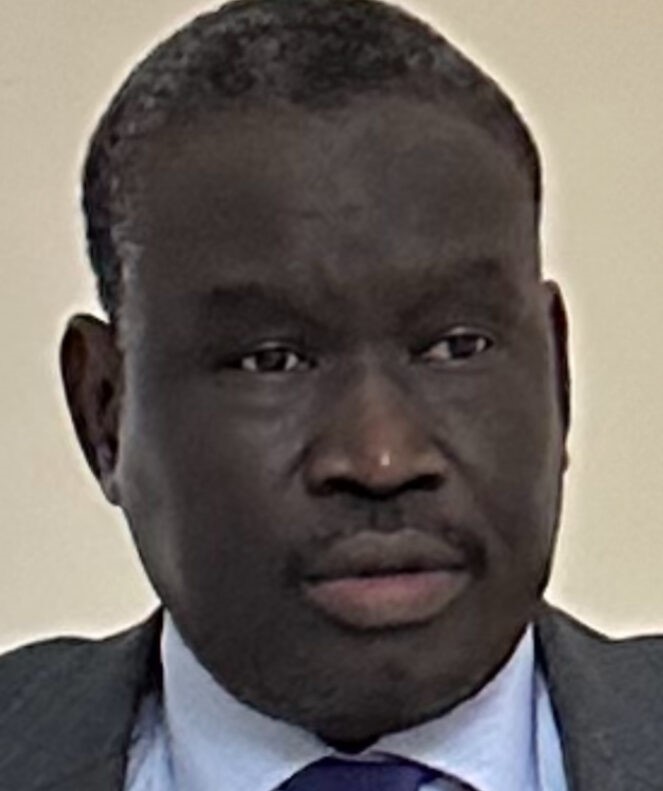The recent outbreak of violence between the Cie-Rut and Cie-Lwoi clans in Akobo County, Jonglei State, which left two dead and others wounded, is not just another tragic incident in South Sudan’s turbulent history. It reflects a deeper, older, and largely misunderstood social logic that continues to shape cycles of violence in the country—particularly in Greater Upper Nile and Bahr el Ghazal.
These forms of inter-clan violence are not mere lawlessness or isolated acts of vengeance. They are rooted in long-standing systems of social organization, customary justice, and communal identity. In many parts of rural South Sudan, especially among the Nuer, Dinka, and other Nilotic groups, the clan is the basic unit of political and moral life. In the absence of a strong national justice system, clan structures have historically provided the only functioning mechanism for resolving conflict, maintaining order, and defending group dignity.
Anthropologists refer to this type of social system as a segmentary lineage system, in which society is organized along extended kinship lines. In such a system, a wrong done to one member of a lineage is perceived as a wrong to the entire group. Retribution becomes a communal obligation, not a personal choice. Revenge killings in this context serve as a form of justice—restoring balance, protecting honor, and reaffirming solidarity.
This model of justice once operated under strong customary rules: blood compensation, mediated by elders, ensured that revenge was avoided and peace restored. However, decades of war, displacement, and political militarization have eroded these traditional safeguards. The role of elders has been weakened by the rise of armed youth groups, political interference, and economic collapse. As a result, younger generations, often armed and disenfranchised, resort to violence not only because they can—but because the moral architecture that once restrained them is no longer functional.
In places like Bahr el Ghazal, similar dynamics play out, although shaped by different histories. During the liberation struggle and post-independence era, local authority became increasingly tied to military power and political connections. Traditional leadership was often bypassed or manipulated, and disputes that might once have been handled through compensation and mediation became entangled in political rivalries and competition over access to state resources. The politicization of local grievances has created a situation where community clashes can quickly escalate into proxy conflicts or power struggles.
This breakdown of both customary and formal systems of justice has created a condition that sociologists refer to as social order collapse. In such environments, violence is not an exception—it becomes the only available mechanism for expressing grievance, enforcing rights, or asserting status. When people lose faith in both traditional authorities and state institutions, they return to what they know: the clan, the gun, and the code of revenge.
Yet this dynamic is not universal across South Sudan. In Equatoria, for example, communal violence between clans is relatively rare. This difference is not simply cultural—it is structural. Equatorian societies have historically been more sedentary and organized around centralized chieftaincies and village life. Their economies are more agriculturally based, reducing the seasonal competition over cattle, water, and migration routes that often trigger conflict in pastoralist areas. The legacy of colonial administration, missionary education, and formal court systems persisted longer in these regions, allowing for stronger civic institutions to emerge—however limited.
This regional contrast underscores the need for context-specific solutions. National peace agreements and security deployments are necessary but insufficient. What is needed is a simultaneous investment in rebuilding traditional dispute resolution mechanisms and in expanding modern systems of justice and governance. Traditional leaders, where still respected, must be empowered through training in legal literacy and conflict mediation, while local government must extend services—especially in rural counties where revenge killings remain endemic.
At the same time, the structural violence that fuels these cycles—poverty, exclusion, impunity, and the absence of opportunity—must be addressed. Young men with no economic future and no civic role are more likely to be drawn into intergenerational feuds. Creating alternatives to violence means expanding education, jobs, and civic participation. Peace, in other words, is not just the absence of fighting—it is the restoration of dignity and the presence of justice.
South Sudan’s future depends not only on political reform at the top but on social transformation from below. Until the state provides accessible justice and the traditional systems are rehabilitated to match today’s realities, many communities will continue to live between the memory of revenge and the hope for peace. Understanding this is not just a matter of theory—it is a first step toward healing a nation fractured by lineage and betrayed by the state.
The writer, Samuel Peter Oyay, is a South Sudanese political activist, strategist, and commentator with over two decades of experience in governance and management. He can be reached via samualjago@yahoo.com
The views expressed in ‘opinion’ articles published by Radio Tamazuj are solely those of the writer. The veracity of any claims made is the responsibility of the author, not Radio Tamazuj.




